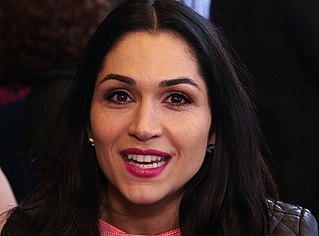A Quote by Gilbert K. Chesterton
The fact is that purification and austerity are even more necessary for the appreciation of life and laughter than for anything else. To let no bird fly past unnoticed, to spell the stones and weeds, to have the mind a storehouse of sunset, requires a discipline in pleasure and an education in gratitude.
Related Quotes
Just as the education of nerve and sinew is vital to the excellent athlete and education of the mind is vital to the scholar, education of the conscience is vital to the truly proactive, highly effective person. Training and educating the conscience, however, requires even greater concentration, more balanced discipline, more consistently honest living. It requires regular feasting on inspiring literature, thinking noble thoughts and, above all, living in harmony with its still small voice.
Gratitude goes beyond the 'mine' and 'thine' and claims the truth that all of life is a pure gift. In the past I always thought of gratitude as a spontaneous response to the awareness of gifts received, but now I realize that gratitude can also be lived as a discipline. The discipline of gratitude is the explicit effort to acknowledge that all I am and have is given to me as a gift of love, a gift to be celebrated with joy.
If in this life there are so many ways for purification and repentance, how much more should there be after death! The purification of souls, when separated from the body, will be easier. We can set no limits to the agency of the Redeemer; to redeem, to rescue, to discipline, is his work, and so will he continue to operate after this life.
It is necessary to guard ourselves from thinking that the practice of the scientific method enlarges the powers of the human mind. Nothing is more flatly contradicted by experience than the belief that a man distinguished in one or even more departments of science, is more likely to think sensibly about ordinary affairs than anyone else.
Gratitude brings a peace that helps us overcome the pain of adversity and failure. Gratitude on a daily basis means we express appreciation for what we have now without qualification for what we had in the past or desire in the future. A recognition of and appreciation for our gifts and talents which have been given also allows us to acknowledge the need for help and assistance from the gifts and talents possessed by others.
Jonathan Livingston Seagull . . . was no ordinary bird. Most gulls don't bother
to learn more than the simplest facts of flight how to get from shore to food and back again. For most gulls, it is not flying that matters, but eating. For this
gull, though, it was not eating that mattered, but flight. More than anything else,
Jonathan Livingston Seagull loved to fly.






































